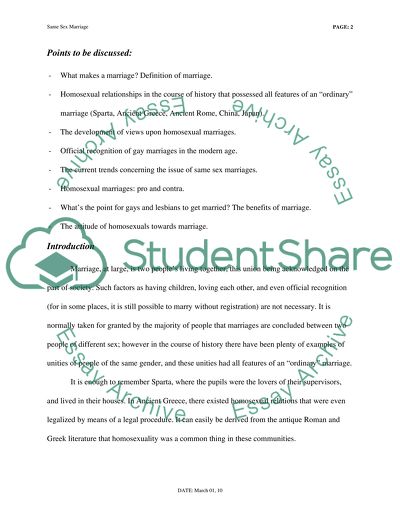Cite this document
(“Same Sex Marriage Research Paper Example | Topics and Well Written Essays - 2000 words”, n.d.)
Same Sex Marriage Research Paper Example | Topics and Well Written Essays - 2000 words. Retrieved from https://studentshare.org/sociology/1563493-same-sex-marrige
Same Sex Marriage Research Paper Example | Topics and Well Written Essays - 2000 words. Retrieved from https://studentshare.org/sociology/1563493-same-sex-marrige
(Same Sex Marriage Research Paper Example | Topics and Well Written Essays - 2000 Words)
Same Sex Marriage Research Paper Example | Topics and Well Written Essays - 2000 Words. https://studentshare.org/sociology/1563493-same-sex-marrige.
Same Sex Marriage Research Paper Example | Topics and Well Written Essays - 2000 Words. https://studentshare.org/sociology/1563493-same-sex-marrige.
“Same Sex Marriage Research Paper Example | Topics and Well Written Essays - 2000 Words”, n.d. https://studentshare.org/sociology/1563493-same-sex-marrige.


